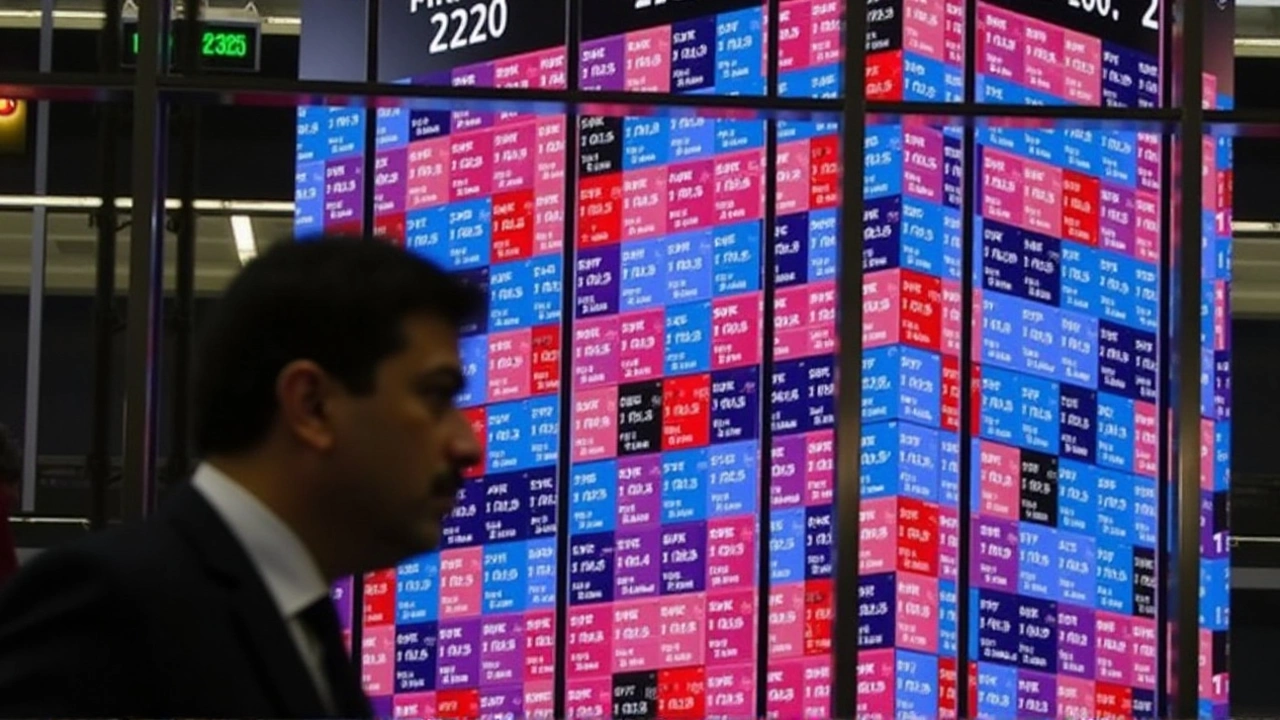Fiscal Deficit: Simple Guide for Everyone
Ever heard the term "fiscal deficit" and thought it was just finance jargon? It’s actually a straightforward idea: the government spends more money than it collects in taxes and other revenues. When that happens, the shortfall is called a fiscal deficit. In this guide, we’ll break down why it happens, what it means for the country, and how it can affect your pocket.
Why Governments Run a Fiscal Deficit
Governments don’t always balance the books every year. They may deliberately spend more to boost the economy, fund big projects like roads or schools, or provide safety nets during crises such as pandemics or natural disasters. This extra spending creates a gap between income and outgo, which is covered by borrowing. Borrowing is usually done by issuing bonds, which investors buy in exchange for a promise of future repayment with interest.
Sometimes, a deficit is unplanned. If revenues fall short because of a slowdown in economic activity, tax collections shrink while spending on welfare and unemployment benefits rises. The result is a higher deficit than expected. Either way, the government ends up with debt that needs to be serviced later – meaning future budgets have to set aside money for interest payments.
How a Fiscal Deficit Affects You
You might wonder why a budget number matters to you. First, a larger deficit often leads to higher interest rates as the government competes with businesses for loan money. Higher rates can make mortgages, car loans, and credit card balances more expensive. Second, if the deficit grows a lot, the government may raise taxes later to repay the debt, which directly hits your disposable income.
On the flip side, a well‑managed deficit can boost the economy. By funding infrastructure, the government creates jobs, improves transport, and makes it easier for companies to grow. Those benefits can translate into higher wages and more opportunities for you and your family.
Another practical impact is inflation. When the government prints money to cover a deficit, it can push up prices for everyday items. However, most modern economies rely on borrowing rather than printing, so inflation is usually kept in check.
Finally, a fiscal deficit is a signal of the country's economic health. Investors watch it closely; a rising deficit might make them nervous about the country's ability to repay debt, which could affect the value of the local currency. A weaker currency can make imported goods pricier, again influencing your cost of living.
In short, the fiscal deficit is a balancing act. It lets governments invest in growth and protect citizens during tough times, but it also creates future obligations. Understanding this helps you see why news about budget deficits isn’t just political talk – it’s a factor that can shape jobs, prices, and taxes.
So next time you hear about a budget shortfall, think of it as the government’s way of borrowing to fund the things we all need, while also planning how to pay it back without hurting everyday life.
Union Budget 2025-26: Detailed Impact on Indian Stock Market & Economic Insights
Finance Minister Nirmala Sitharaman's Union Budget 2025-26 presents ambitious plans to accelerate India's economic growth, focusing on investment, middle-class empowerment, and women's support. Amid targeted fiscal deficit goals, tax structure simplifications, and a new Deep Tech fund, Indian stock markets react with notable volatility. Key updates capture infrastructure investments and enhanced foreign direct insurance involvement.
VIEW MORE